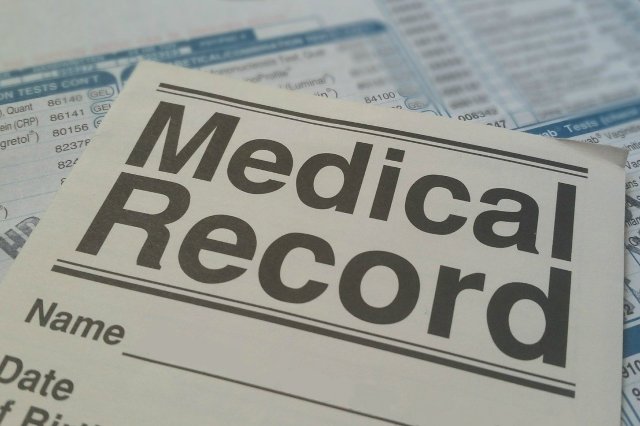Is the functionality of the electronic health record (EHR), that has taken the guesswork out of documenting the plan of care, creating a disconnect for its users? Is the task-driven format of the EHR, reinforcing task-oriented behaviors rather than engaged critical thinking while using the clinical decision support system tools?
I propose that Registered Nurses who have more developed computer application and time management skills are inclined to regard the EHR applications as a tool to enhance their nursing practice. At the same time, they hone their competencies and sharpen their critical thinking. On the other hand, RNs who need to improve their time management and to gain more proficiency in using a variety of computer applications are at risk for settling into task-oriented behaviors that delay or impede the progression of their problem solving, synthesizing and analyzing skills.
The introduction of the EHR significantly altered the nursing workflow, more than any paper documentation system of the past. The debate continues whether or not the EHR improves or interferes with the delivery of quality care. Despite the opposition, safety features the EHR offers to the medication administration process, and MD orders no longer handwritten is the most impactful contribution of this advanced technology.
Finding ways to lessen the use of computer technology at the bedside may or may not be counterproductive. As the saying goes, “Necessity is the mother of invention.” How much of the technology is necessary at the bedside? Real-time charting with patient engagement is a challenging dance for a nurse to maneuver gracefully. Perhaps, EHR coursework ought to include training on how to be mindful of computer cart positioning, techniques to communicate with a patient to improve their perception of nurse presence and active listening. Role-playing the behaviors helps to prompt more ideas in group work. If evidence leans against the use of the EHR, let us explore the alternatives.

